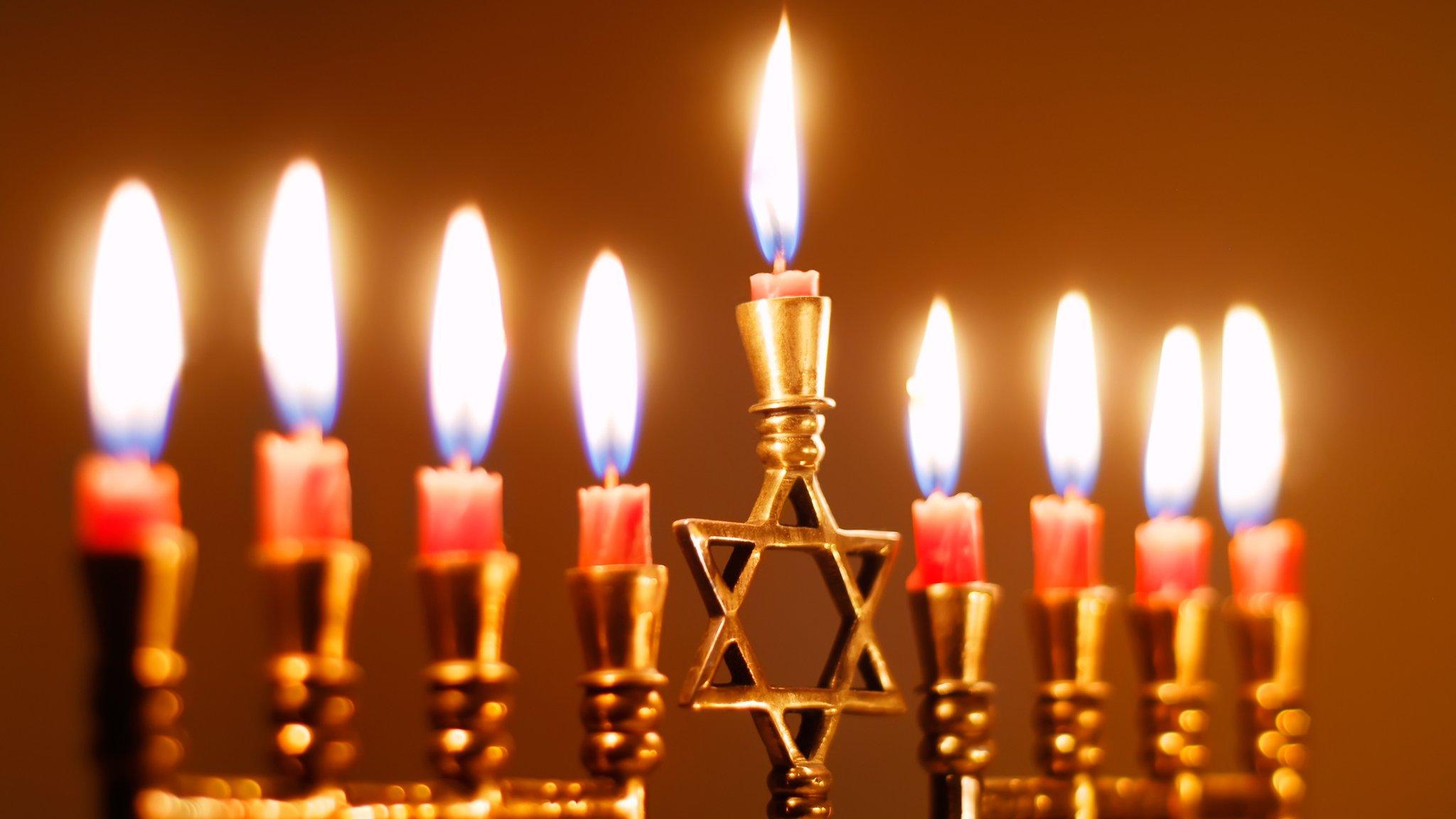Yom Kippur: What is it, when is it and how is it marked?
- Published
Yom Kippur is the most solemn day in the Jewish calendar.
It means Day of Atonement and is an extremely important event for many people.
But what does it mean and when is it being marked?
Here's everything you need to know.
More faith stories
What is the story of Passover?
- Published11 April
Why some people give things up for Lent
- Published12 February 2024
When is Yom Kippur?
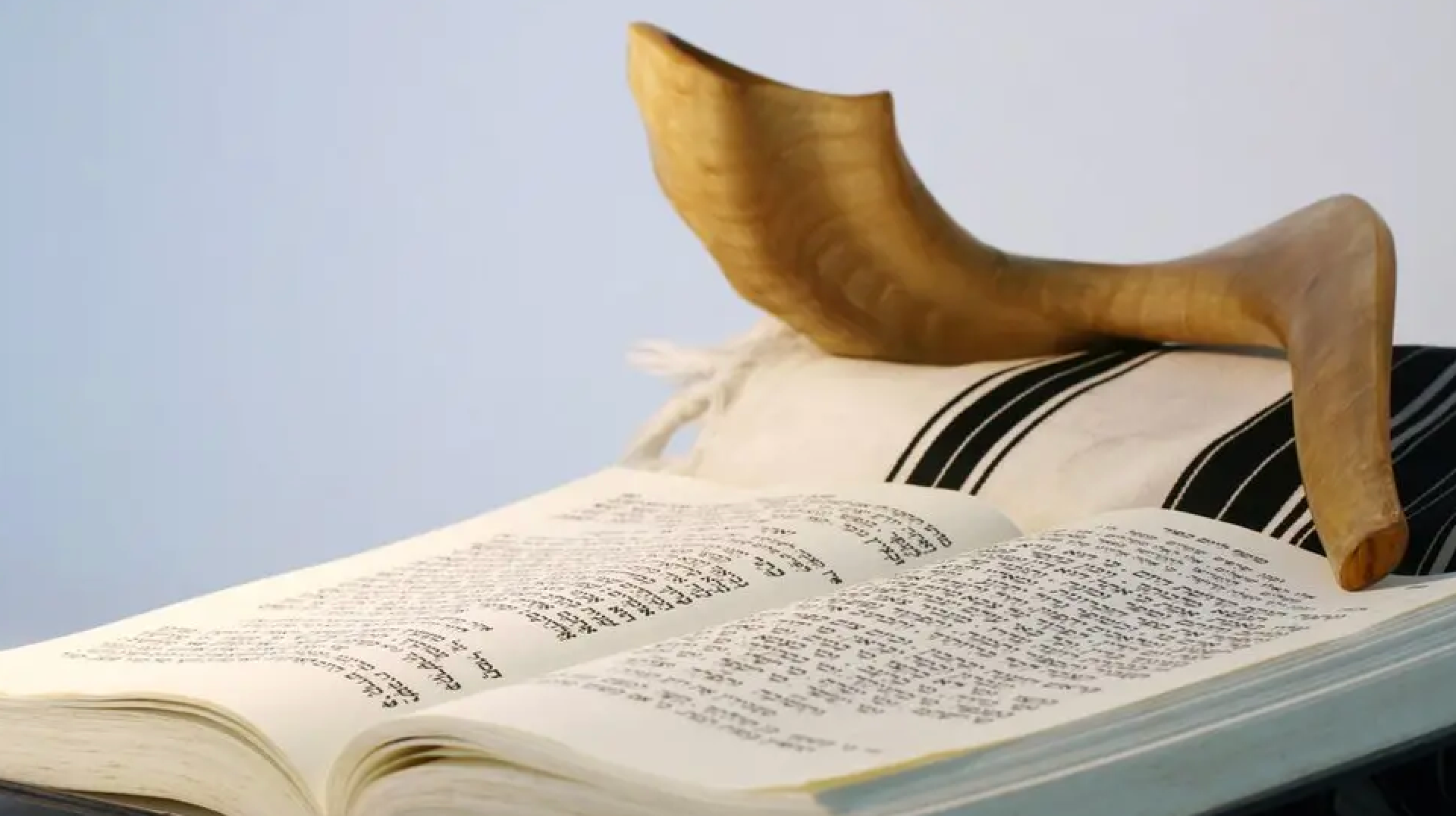
Yom Kippur comes 10 days after the beginning of Rosh Hashanah.
It happens at the end of a 10-day period called the Days of Awe, which is started by the sound of a special instrument called a Shofar during Rosh Hashanah.
A Shofar is made out of a ram's horn.
The earliest date on which Yom Kippur can fall is 14 September. The latest Yom Kippur can occur is 14 October.
Find out more with BBC Bitesize
What is Yom Kippur?
- Attribution
What is the meaning of Yom Kippur?
Martha and Jemima tell Newsround what Rosh Hashanah is all about
Yom Kippur is a day to reflect on the past year and ask for God's forgiveness for anything that people may feel they have done wrong.
This is because in the Jewish faith, on Yom Kippur, God decides what the next 12 months will be like for everyone.
God records his judgement of what is in store for people over the next year in the Book of Life, which is then closed and sealed up on Yom Kippur.
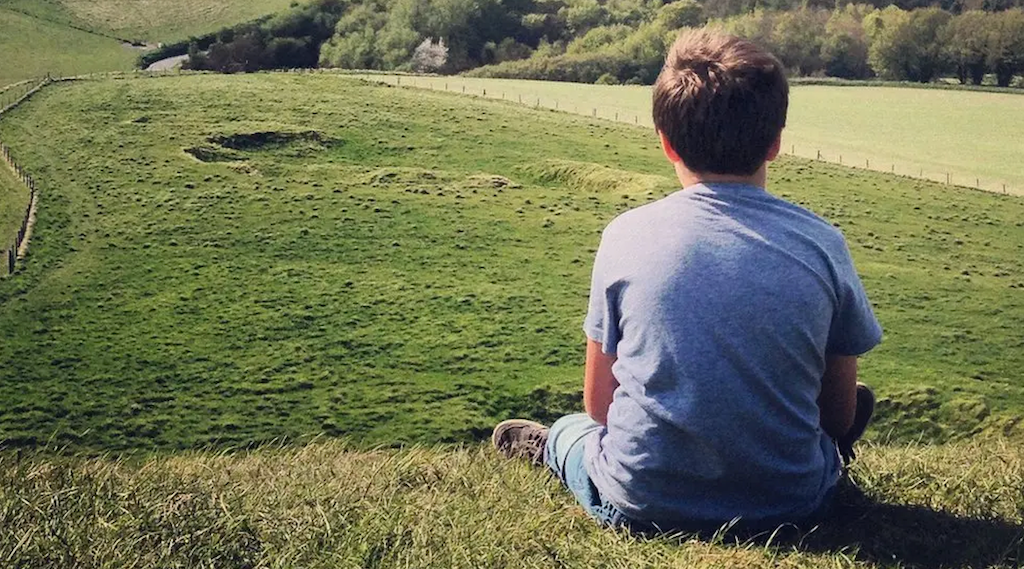
Yom Kippur is a day of reflection
People believe that those who have properly said sorry for things they have done wrong over the last year will have a good new year ahead.
Yom Kippur is called the Day of Atonement because atonement is when you try to put right something that you might have done wrong.
Jewish people commit to not doing those things again over the coming year.
The 10 days of the Days of Awe - or the Days of Repentance - is also a chance to put things right with others. For example, making friends and apologising if you have had an argument with someone.
How do people mark Yom Kippur?
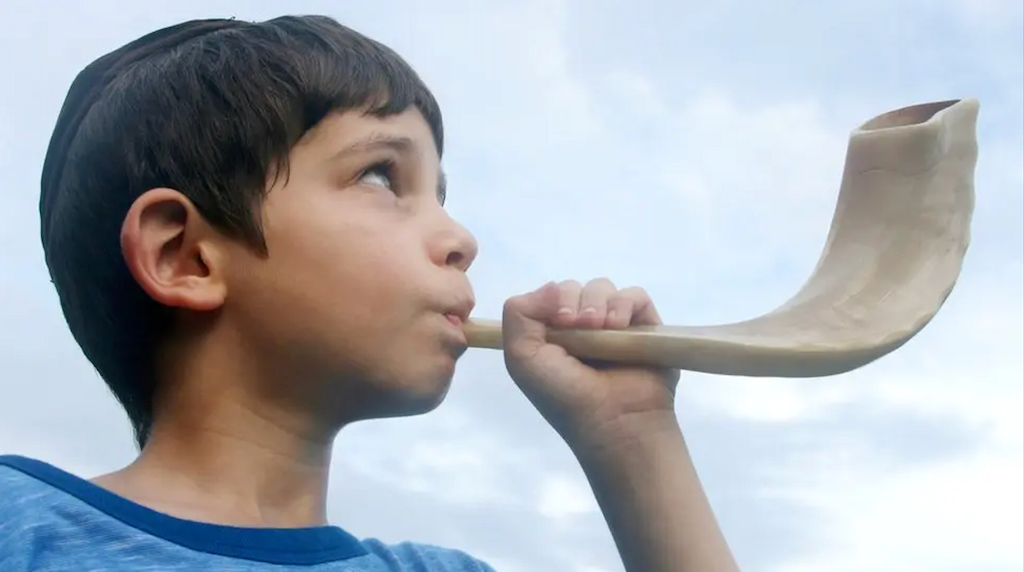
The Shofar, which is blown to mark the end of Yom Kippur, is one of the world's oldest known wind instruments
There are several ways that Jewish people mark Yom Kippur.
They do not eat or drink for 25 hours - this is called fasting.
However, children who are under the age of 13, those who are pregnant, or people who are ill do not have to fast.
So if your family is marking Yom Kippur, you might not yet fast yourself.
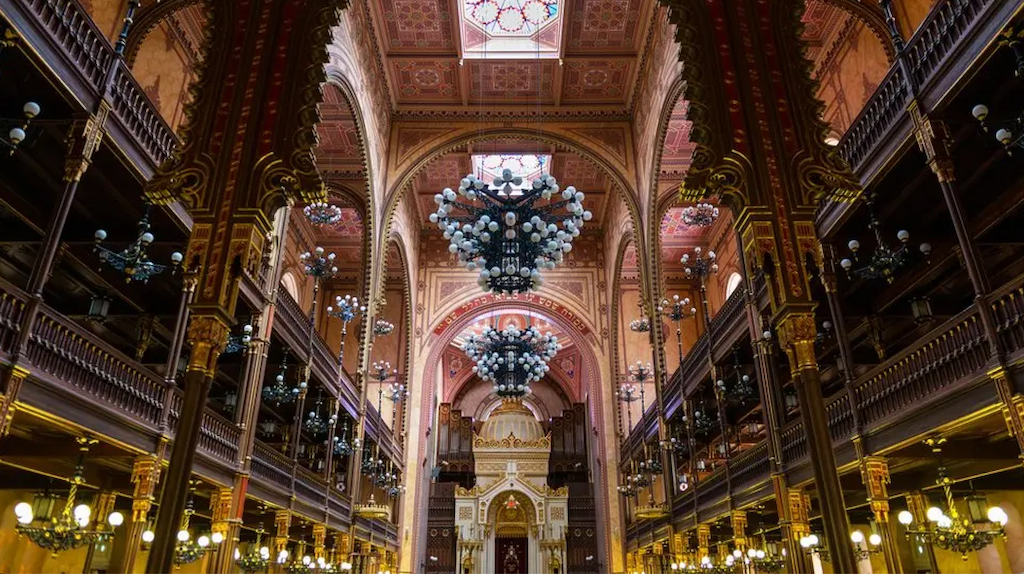
Budapest Great Synagogue is the largest synagogue in Europe and one of the largest in the world
Another way of marking Yom Kippur is to wear white, as a symbol of purity.
Jewish people will also spend special time at the synagogue, which is the name of the place where they worship.
On this day, there are five special services held there as people spend the day praying for forgiveness.
The final service is called Neilah, when God's judgement on what the next year will be like for everyone is made final.
At the end of Yom Kippur, the Shofar is blown one final time.
More stories like this
- Published7 March 2023
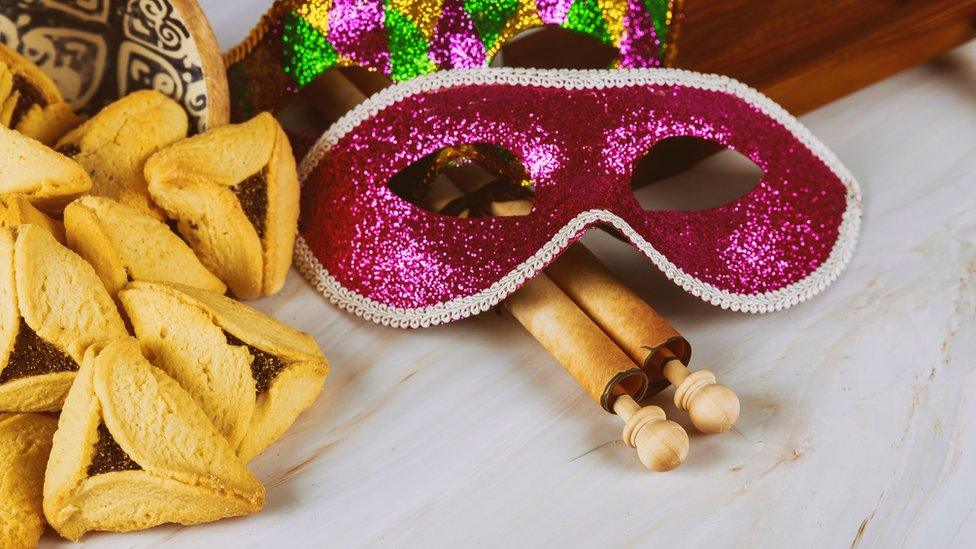
- Published14 April 2023
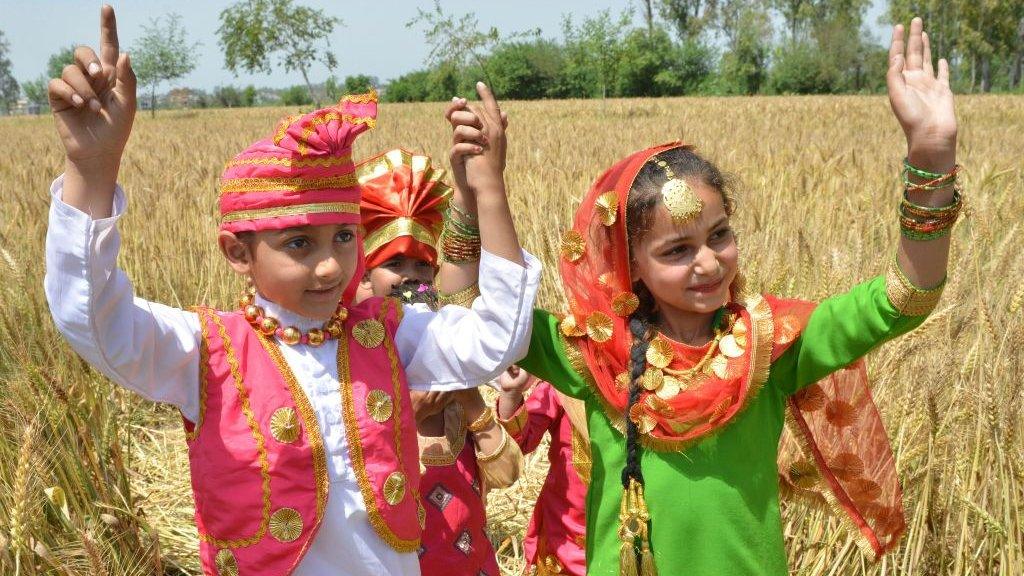
- Published6 December 2023
